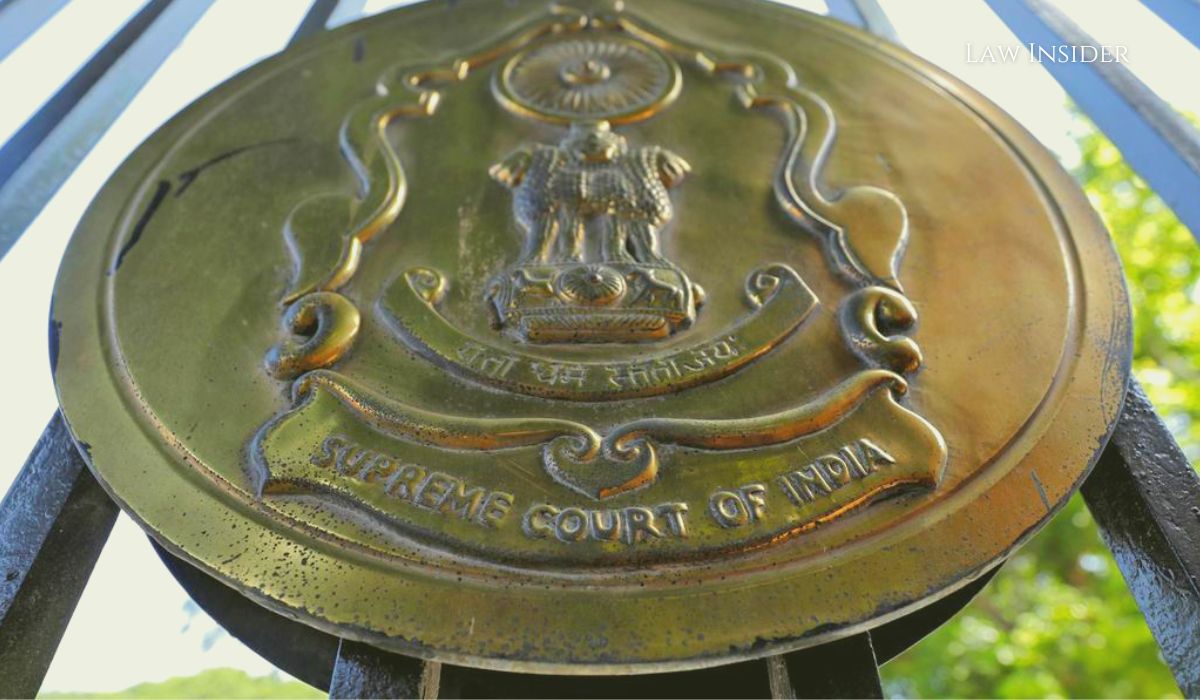Sakina Tashrifwala
Published on: September 29, 2022 at 20:31IST
The Supreme Court of India on Wednesday demanded comments from the Union of India, the Ministry of Home Affairs, and the Election Commission of India (ECI) on a plea filed by Advocate Ashwini Kumar Upadhyay seeking to prevent people charged with severe crimes from contesting elections.
As an alternative, the plea requests that the ECI change the Election Symbols (Reservation & Allotment) Order, 1968 to include an additional condition requiring the State or National Party to ban candidates if they are charged with significant offences.
The case was heard by a division bench of Justices KM Joseph and Hrishikesh Roy.
According to the petition, the Law Commission proposed various reforms to govern the operation of political parties in its 170th report in 1999. However, the Centre did not put it into action.
The National Commission to Review the Workings of the Constitution (Venkatachaliah Committee) provided comprehensive recommendations in 2002 to regulate the running of political parties and decriminalise politics.
However, the Centre remained unaware, according to the petition, which also stated that comparable reports were written by the ECI and the Law Ministry.
According to the petition, the Supreme Court suggested in 2018 that a statute be enacted to decriminalise politics.
The petition provided specific numbers to bolster their case, emphasising the gravity of the problem.
“There is an increase of 44% in the number of MPs with declared criminal cases since 2009. Similarly, 159 winners (29%) winners in the Lok Sabha 2019 Elections have declared serious criminal cases including cases related to rape, murder, attempt to murder, kidnapping, crimes against women etc. Out of 542 winners analysed during Lok Sabha Elections in 2014, 112 (21%) winners had declared serious criminal cases against themselves.”
Allowing convicts to run for office and become lawmakers will have major consequences for the country’s democracy and secularism, according to the petition.
Furthermore, during the political process, they use massive quantities of unlawful money to influence voters and threaten other candidates, according to the plea.
If such a directive is issued, it will not violate the individual candidate’s presumption of innocence, according to the petition.
“By raising the threshold to the stage, where charges have already been framed before the restriction will operate, the chances are considerably reduced of false cases being maliciously foisted on the candidate or that there is no substance in the case against him.”
Furthermore, the Law Commission of India proposes in its 244th report that charges be established at least one year before nominations are scrutinised.
This provides the candidate time to petition the High Court under Section 482 of the CrPC or Article 226 of the Constitution to have the accusations against him dismissed, according to the plea.

